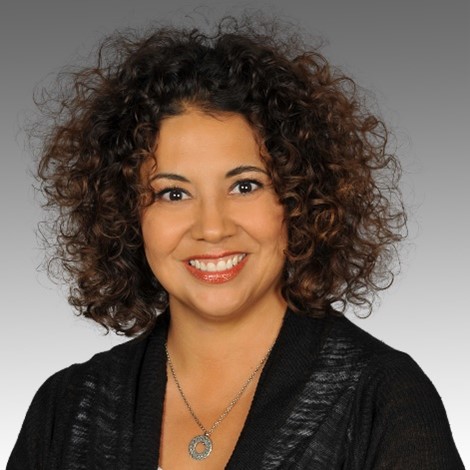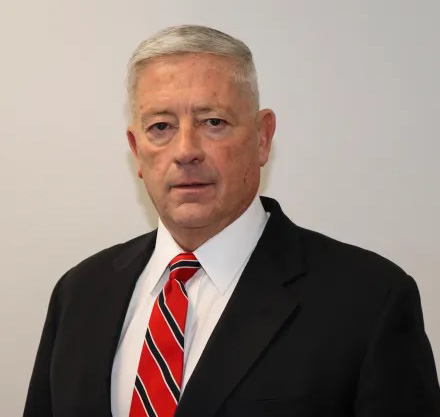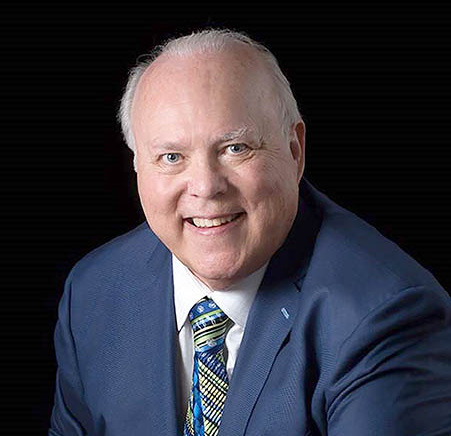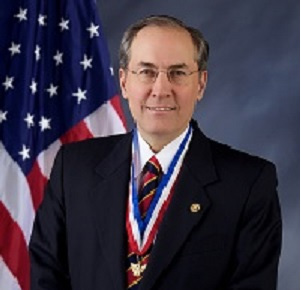Elizabeth Ramirez-Washka, BSA’s Chief Diversity Officer & Vice President of Diversity and Inclusion
Scouting’s rich heritage has stood the test of time for more than 110 years. Together we have grown and evolved with changing times while always holding true to BSA’s core ideals and values such as kindness, integrity, respect, courtesy, and care for others. Ideals like the Scout Oath and Scout Law have prepared millions of children for a lifetime of leadership and success.
Today, I am focused on making sure BSA will continue going strong well into the next century. Since being named BSA’s first Chief Diversity Officer a year ago, I and others have worked diligently to ensure our organization represents and reflects the diversity of our society and the communities we serve.
To do so, we must identify new opportunities to expand our relevance and reach with families and communities, reinforce our commitment to “help other people at all times,” and have an even greater impact on our youth.
We are building on our enduring legacy with a series of initiatives that I am excited to share with you. We started by defining our mission and vision for diversity, equity and inclusion (DEI) that aligns with our overarching mission and vision statements as an organization, and guides how we’re focused on advancing diversity, equity and inclusion.

BSA DEI Mission: To promote a culture where every youth, volunteer, and employee feels a sense of belonging and to build communities where every person feels respected and valued.
BSA DEI Vision: To partner with all families and communities in raising young people of high moral character, developing their leadership skills, and preparing them to serve and thrive in a world of increasing complexity and challenge.
Internally, we have taken several important actions to make our organization even stronger, to better support our existing staff and volunteers, and to more accurately reflect the communities that we serve. Some of these actions include:
- Hosting multiple listening sessions with parents, volunteers, and supporters to hear their perspectives and learn more about how we can grow and connect with new audiences in creative ways.
- Strengthening our board-level DEI advisory committee to ensure BSA fosters an inclusive environment where all youth, employees and volunteers feel welcomed and find a place of belonging.
- Creating DEI training for all employees and volunteers to advance understanding of diversity, equity and inclusion, and offering resources to enable meaningful dialogue. Almost 6,000 BSA employees and over 4,000 volunteers have already completed the training.
- Appointing DEI leads for each of our 16 National Service Territories to partner with the leaders and troops within their territories to implement and advance our commitment to DEI. As part of this effort, we are also implementing new programs to increase recruitment and retention of diverse employees.
- Expanding and further supporting our five Workforce Resource Groups for employees – for members of the affinity and their allies– APACK for our Asian Pacific workforce, BSA View for our LGBTQ+ workforce, LISTOS for our Latino workforce, RISE for our women’s workforce, and The Village for our Black workforce. Each Workforce Resource Group aims to cultivate an environment where employees can seek support, mentorship, networking, and opportunities to educate, generate awareness, and foster a culture where everyone has a sense of belonging.
- Finally, we have collaborated with nonprofits and youth organizations to learn best practices and identify opportunities to advance the ideals of DEI throughout our communities and society. We’re invested in continuing to collaborate with other nonprofit youth organizations to learn from one another’s experiences and brainstorm innovative approaches to continue to cultivate a culture of belonging as we try to better reflect the diversity we see in our communities.
Soon, we will be announcing our newest merit badge. While still currently in development, this merit badge will help Scouts learn about the diverse, unique identities and characteristics we each possess, understand different perspectives and experiences, and learn how to encourage an inclusive and welcoming culture in Scouting. Additionally, we have been reviewing and will continue to review every element of our programs to ensure diversity, equity and inclusion are ingrained at every level for participants and volunteers.
These are among the first steps to strengthen BSA as an organization and unlock the incredible potential of Scouting to more communities than ever before. We have a long journey ahead, but with the passion for purpose shared by our incredible staff, parents, volunteers, our Scouts and supporters, I know we can get there.
Like many of you, in the years since I first joined Scouting, I have immersed myself in its rich history and traditions, including earning my Wood Badge in 2018. Together, I know that our collective deep personal investment in the future success of this great organization will continue to keep it a vital part of the fabric of this nation well into the future. I am excited and passionate about the opportunity my role provides in empowering me to help advance diversity, equity and inclusion in my community, our society and our nation.
Prior to joining BSA, I devoted my career to helping others as a corporate labor and employment attorney. My passion for law stemmed from an experience I had as a young child with my grandmother. She was a first-generation American who did not speak fluent English; the bilingual attorney who helped her inspired me to become an attorney and ignited my passion to help ensure all have a voice and feel a sense of belonging.
As a mother of two daughters, I think we can all agree that raising our children to be more empathetic, kind, respectful and inclusive is one of the best things we can do as parents. I believe these expansions to our organization and programming will ultimately open the door to enable more youth to benefit from Scouting, and to make our Scouts even more effective leaders and members of society, while positioning BSA as an essential, relevant experience that upholds the trusted values of Scouting, such as “to do a good turn daily,” as we should all aspire to do, for many years to come.
Yours in Scouting,
Elizabeth




